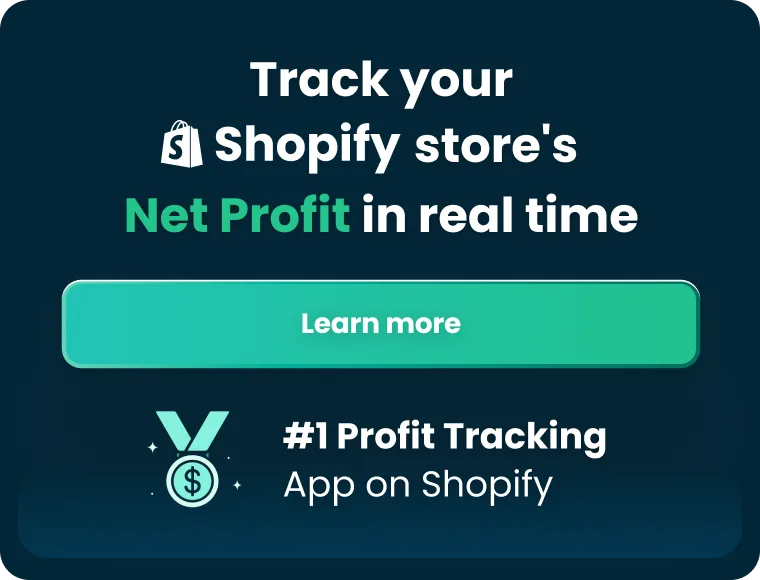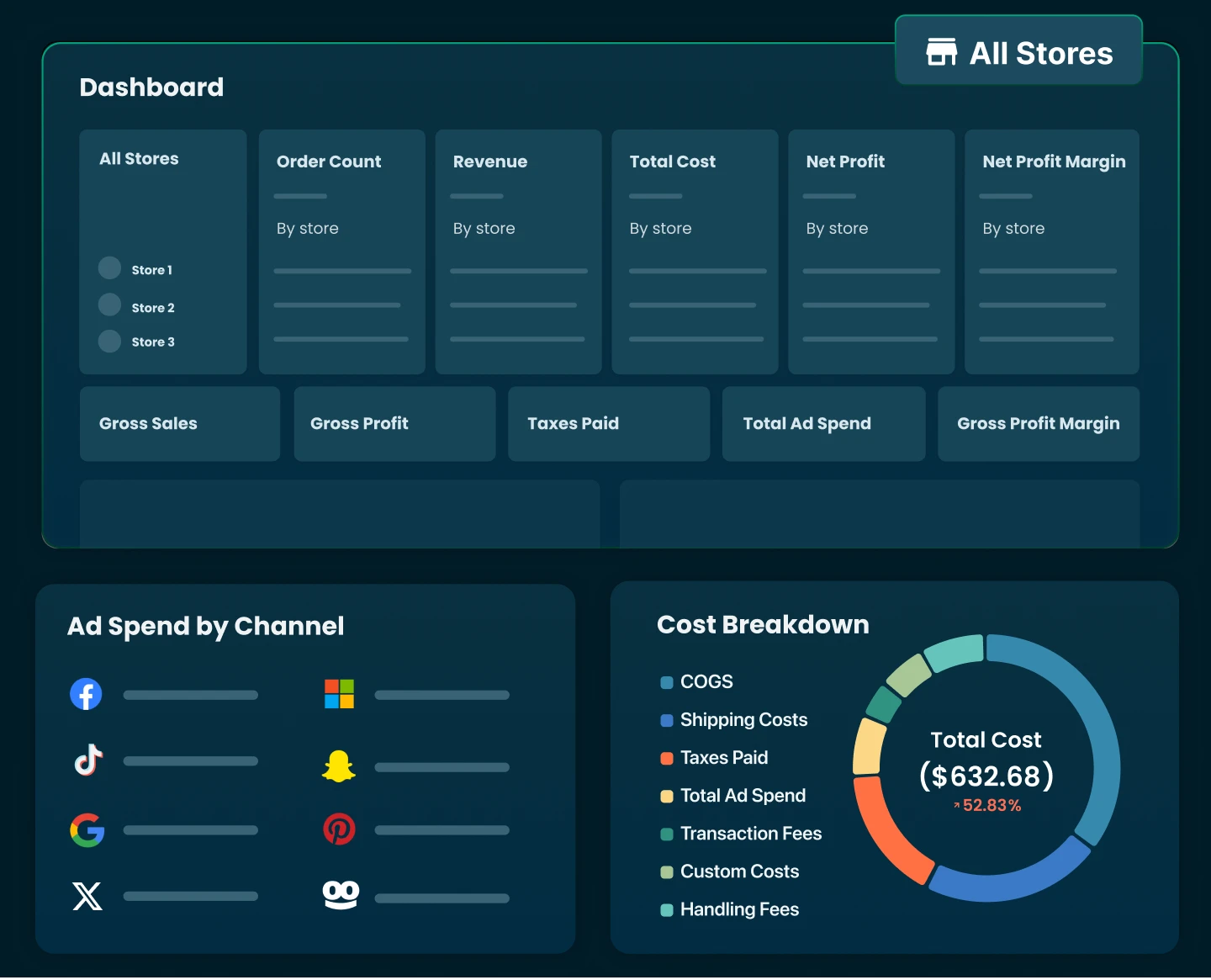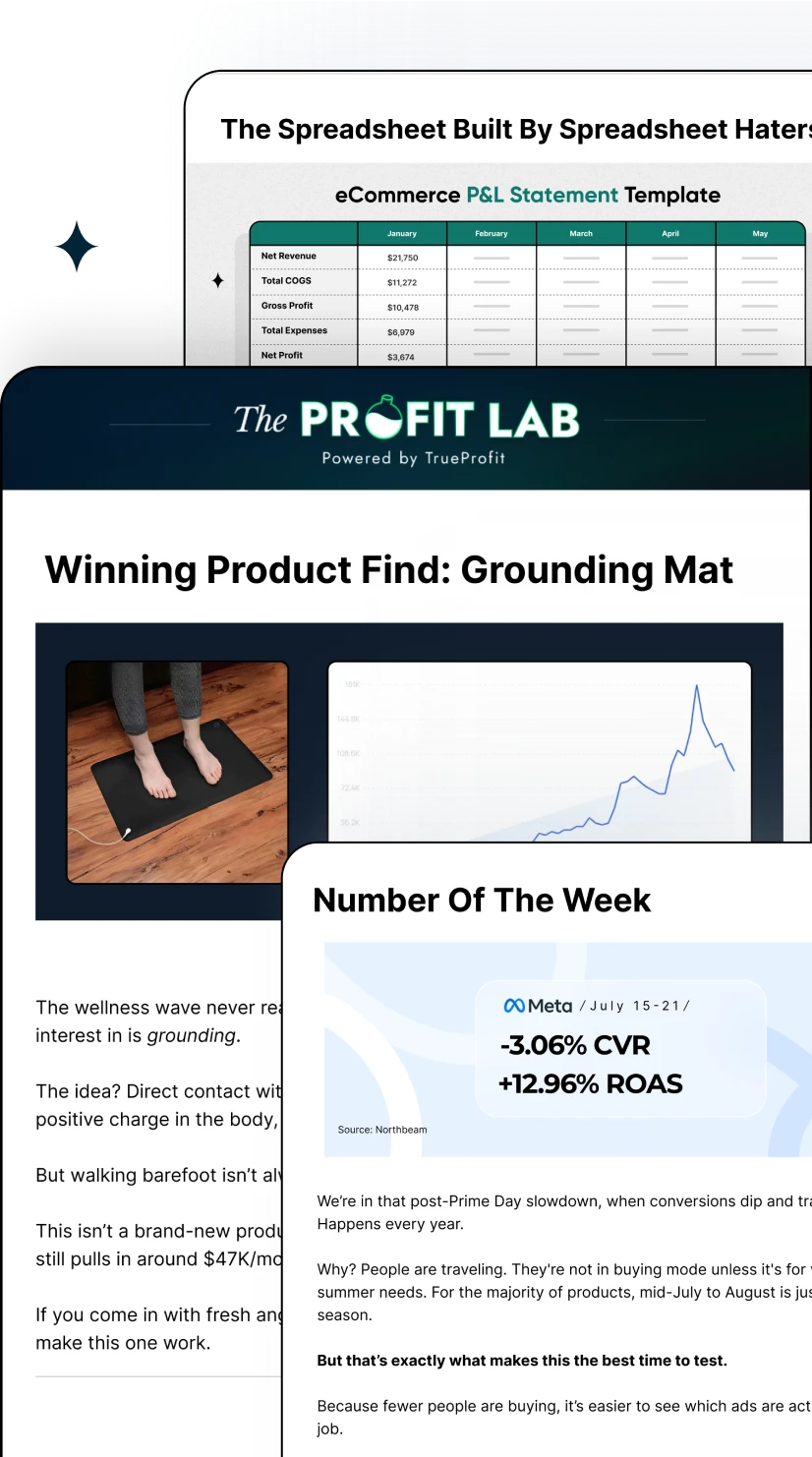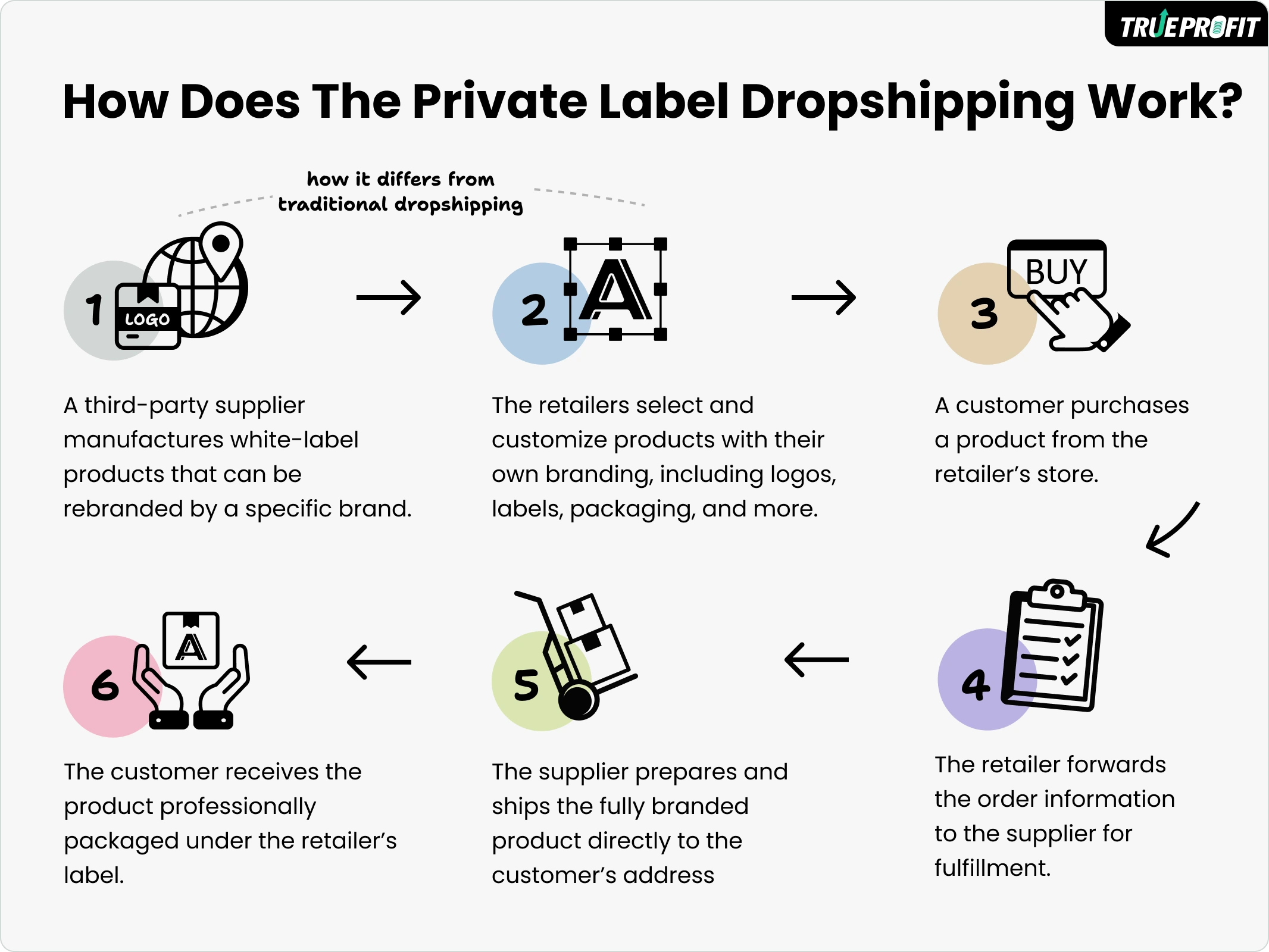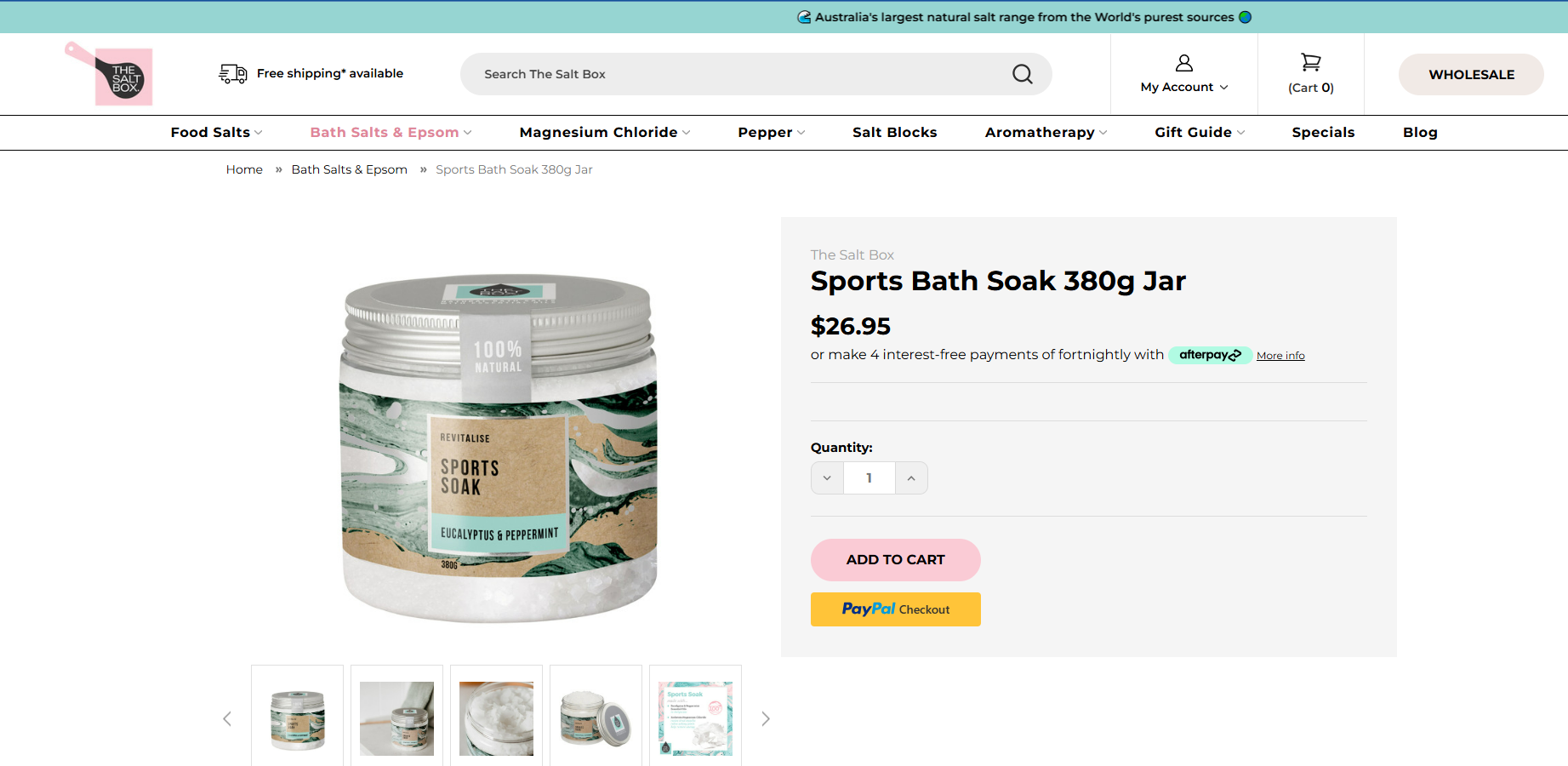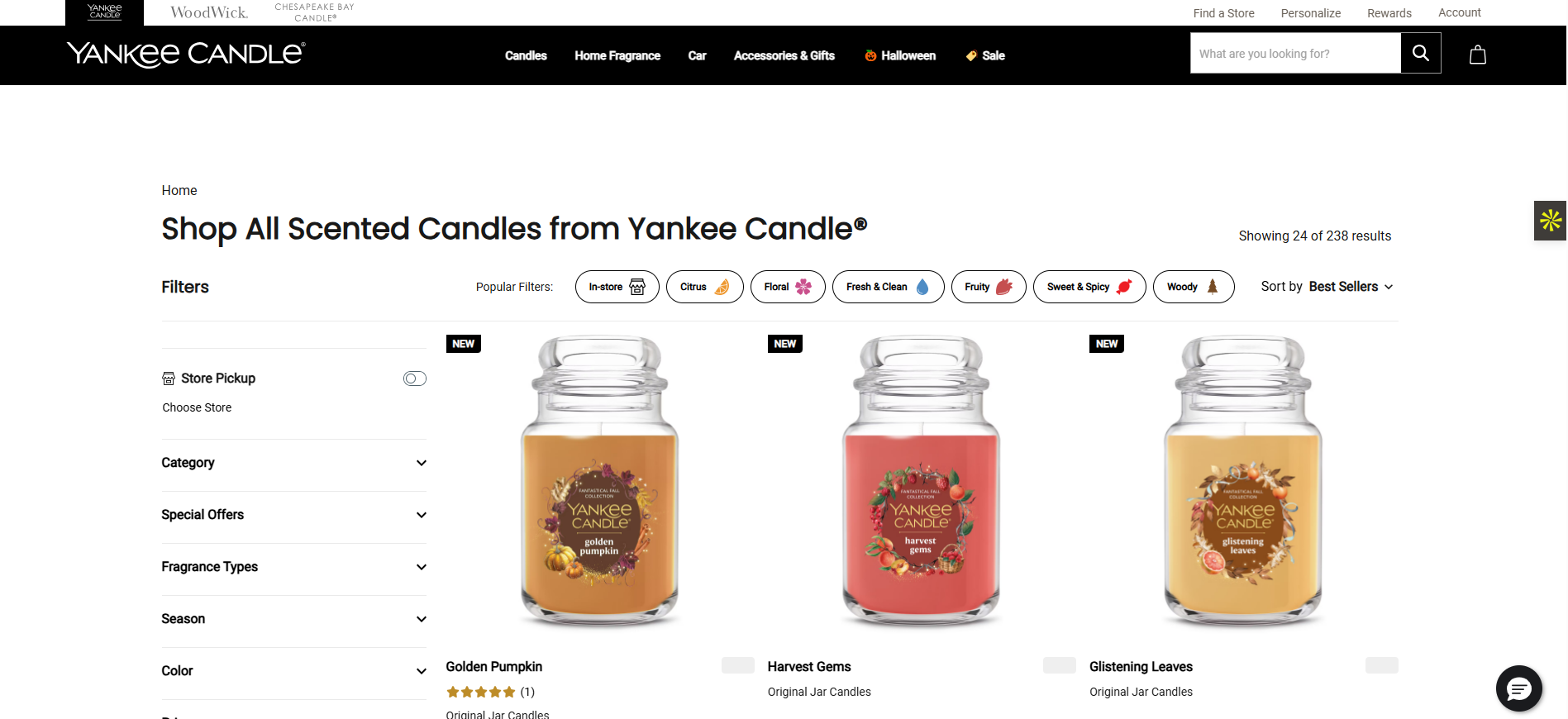How to Start a Private Label Dropshipping Business in 2026?
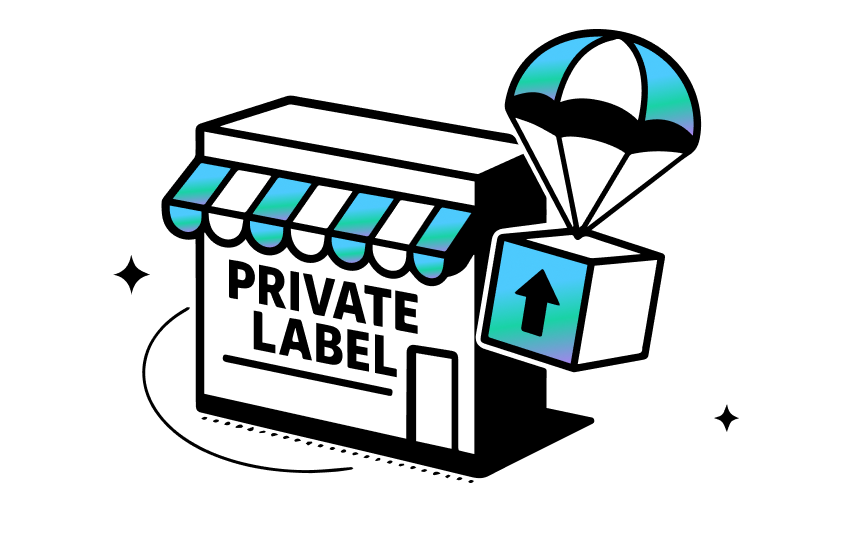
In a market where nearly every store sells identical items and trust is hard to earn, private label dropshipping is one of the most effective ways to differentiate your business in 2026.
It gives retailers the chance to build their own brand with minimal cost and rise above competitors in a crowded market.
In this article, we’ll share how to build a profitable private label dropshipping store, the best products/niches to start with and actionable insights to drive business growth.
In this blog:
What is Private Label Dropshipping?
Private label dropshipping is a business model where retailers sell products made by third-party suppliers but under their own brand.
In simpler terms, private labels combine low-risk, low-entry cost of traditional dropshipping with the 20-40% higher profit margins due to brand ownership.
By offering a unique branded product, this model allows profit and growth potential, as 81% of shoppers require confidence in a brand before completing a purchase.
How Does Private Label Dropshipping Work?
Unlike traditional dropshipping, where products are generic and often shared by multiple sellers, private label dropshipping allows retailers to sell unique, branded products.
First, suppliers manufacture white-label products that are ready to be branded. These products are consistent in quality, comply with regulations, and are designed to be customized with logos, labels, and packaging.
Once the products are available, retailers select which products to sell and work closely with the supplier to apply their branding. This could include logo, packaging colors, tags, or any unique touches that make the product distinctly theirs.
With a clear view of your branded products, you list them on your online store. When a customer places an order, it feels like a purchase from your brand, not a generic supplier.
Retailers then forward the order details—including product, quantity, and shipping address to the supplier. They pick, brand, and package the product according to the retailer’s branding guidelines, then ship it directly to the customer.
The customer receives a product that’s fully branded under retailers’ label, which is a key advantage over traditional dropshipping.
Take a look at the whole process:
How to Start a Private Label Dropshipping?
Starting a private label dropshipping business may feel overwhelming at first, but breaking it down into clear steps makes it manageable.
Here’s 5 actionable steps to quickly launch your private label dropshipping.
Step 1: Select a High-Demand Generic Niches
It’s all about identifying a generic market segment where demand exists and multiple stores sell nearly identical items. This is where your unique brand identity matters most.
Almost all the good dropshipping niche also works well in private labels. But the beginners better start with the categories that interest you, as passion makes it easy to craft brand messaging, values, and customer experience— which is crucial for private label success.
Here’s a list of some niches to start with:
- Clothing
- Health & wellness
- Beauty & skincare
- Fashion accessories
- Pet products
Step 2: Choose Potential Products
The best private label dropshipping products are brandable, high-value, and in-demand items that allow retailers to sell at higher prices—leading to more profit margin on each item.
Take inspiration from our list of best Shopify dropshipping products in 2025:
- Glow revive face serum
- Comfy cloud hoodies
- Lumina scent candle
- Zen stretch yoga mat
- Echopods wireless earbud
- Writewise notebook
- Ecocarry tote bag
- Stride flex socks
Step 3: Pick Private Label-Allowed Suppliers
The best private label suppliers often have three things in common: Flexible branding options, Minimum order quantity, and customization options. Together, they let retailers flexibly brand and differentiate their products, which is the core of private label dropshipping.
Check out top 5 reliable dropshipping suppliers:
- AliExpress - Best for Chinese products sourcing
- Alibaba - Best for bulk order & fully custom products
- CJDropshipping - Supplier best for apparel items catalog
- Printful - Best for Print-on-demand apparel & accessories
- My Private Label - Best for Nutrition Supply

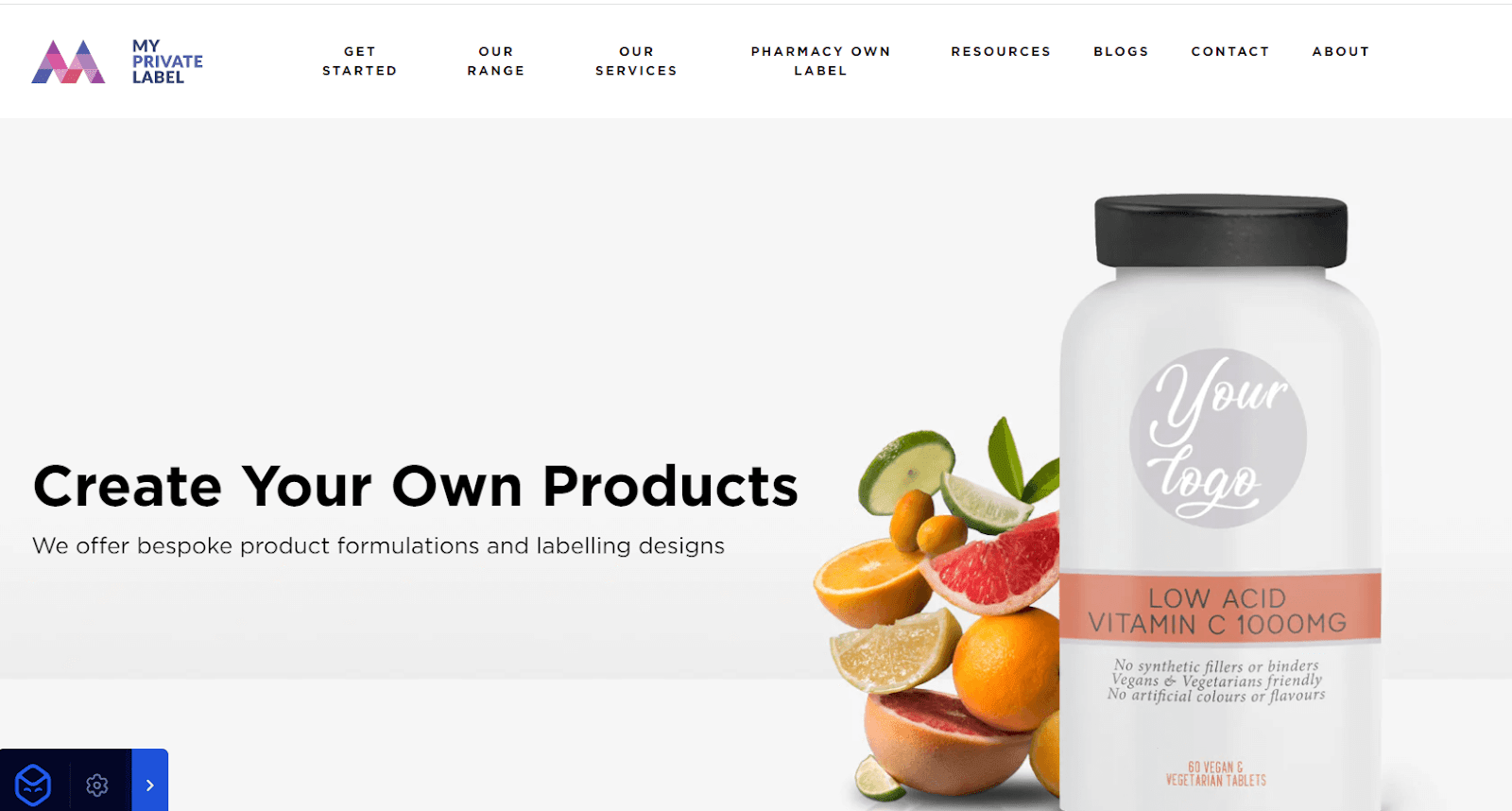
Step 4: Choose Where to Sell and Build a Store
A selling platform is where retailers build, run, and manage their online storefront—this is one of the most crucial steps, as it directly impacts how easily retailers can grow their private label store over time. Check out our favorite list of 10 ecommerce platforms for dropshipping.
Among all options, Shopify ranks as the top choice for private label beginners due to its full branding solutions, ease of use, and its extensive app library that help build a recognizable brand without overwhelming complexity.

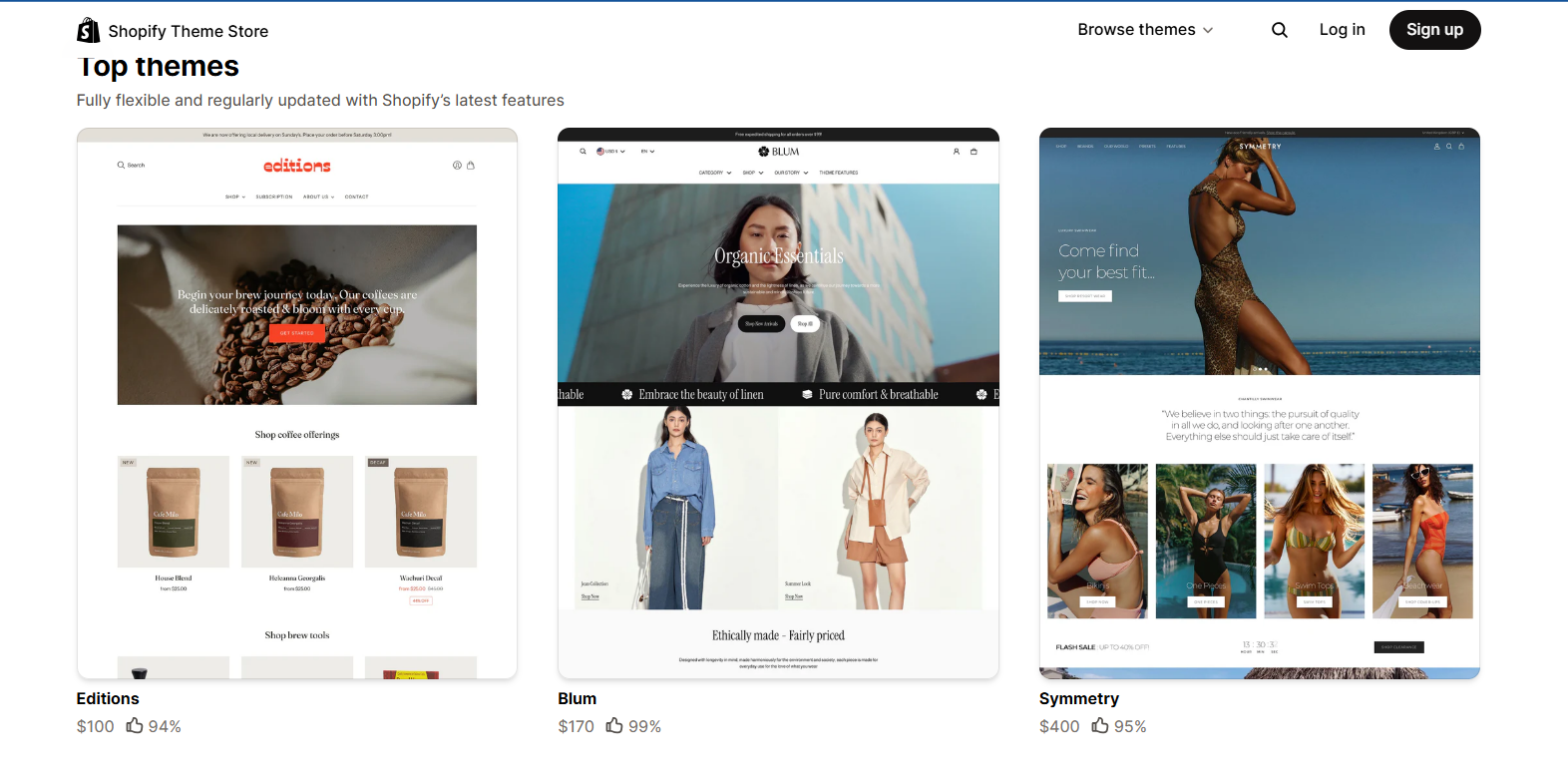
Step 5: Promote a Store with Consistent Identity
Branding is the star of private label business, so your promotion strategy should leverage it as well. The easiest and simplest way is to begin with brand-owned channels, primarily social media. Think of your social feed as a mini storefront—every post should use a consistent color palette, font style, and design elements that reflect your brand’s personality.

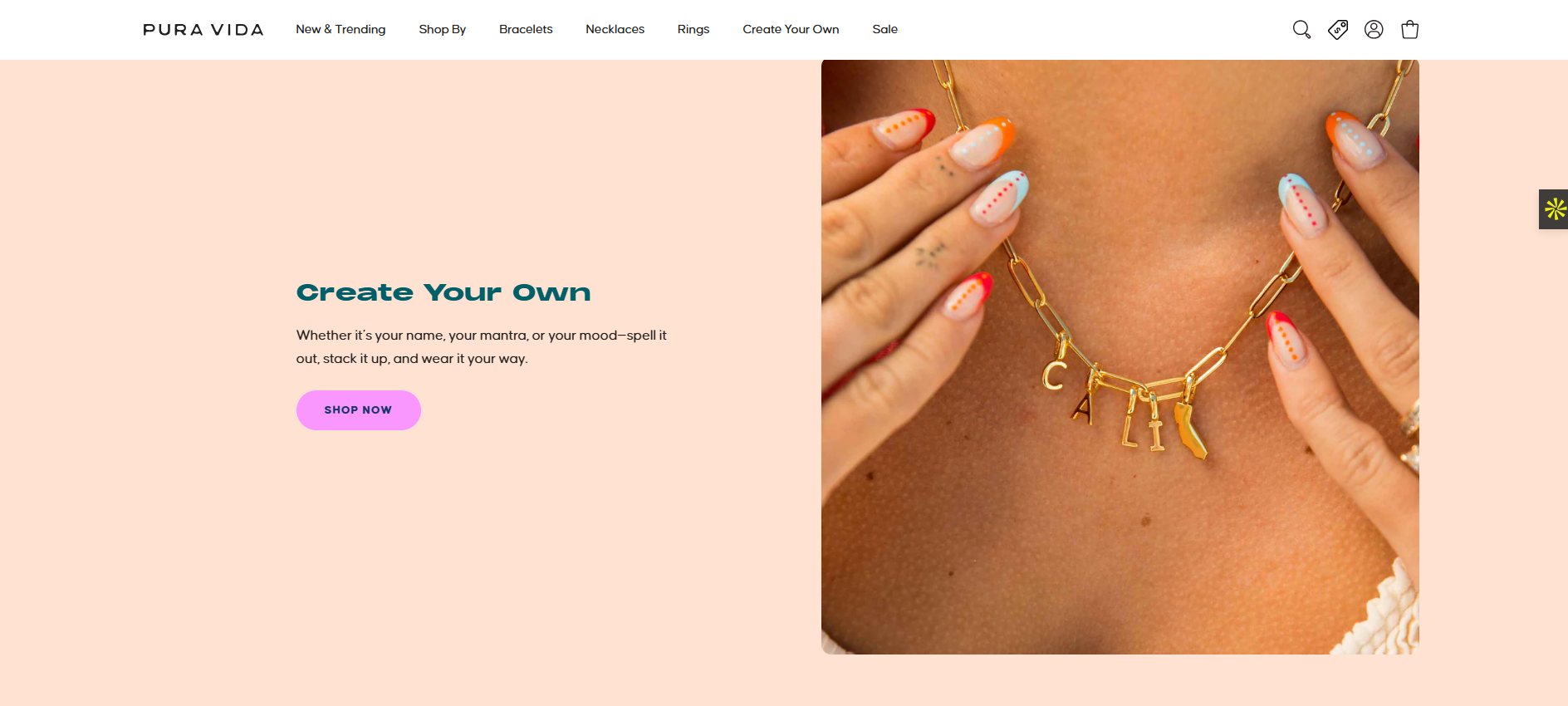
Private Label Dropshipping vs White Label Dropshipping: What’s Better?
At the heart of the difference lies the product itself and the supplier’s rules for customization and exclusivity.
White-label products are ready-to-ship items manufactured for multiple retailers.The product itself is generic, and while retailers can add their own logo or branding on the packaging, they cannot make changes to the product itself.
The downside is that the customization option is limited. Because multiple retailers can sell the same product under different brands, it’s harder to stand out and attract customers.
Private-label products, on the other hand, are manufactured exclusively for a specific retailer or brand. Retailers have the ability to customize the product, including packaging, labels, colors, or even minor product features. This allows brands to make products truly theirs, giving them an edge in a crowded market.
In short, white label dropshipping is ideal if you want to quickly test a market with minimal setup, while private label dropshipping is the choice if your goal is to build a unique brand and stand out in a competitive space. Each has its advantages, but private labels offer more control and long-term growth potential.
Tracking Profitability in Private Label Dropshipping: Does It Matter?
Despite some differences, private label remains a form of dropshipping at heart. And when it comes to running a profitable dropshipping store, tracking profitability and understanding the true cost is critical. Together, those insights help you evaluate your store profit and loss and make informed decisions to grow it better.
This is where profit-tracking tools like TrueProfit come in. As the #1 net profit analytics app for Shopify, TrueProfit helps you see your real profits after all costs—product, shipping, ads, and transaction fees. For private label sellers who invest in branding, it’s critical to know exactly how much margin you’re keeping, so you can scale confidently without burning cash.
Tracy is a senior content executive at TrueProfit – specializing in helping eCommerce businesses scale profitably through content. She has over 4 years of experience in eCommerce and digital marketing editorial writing. She develops high-impact content that helps thousands of Shopify merchants make data-driven, profit-focused decisions.


